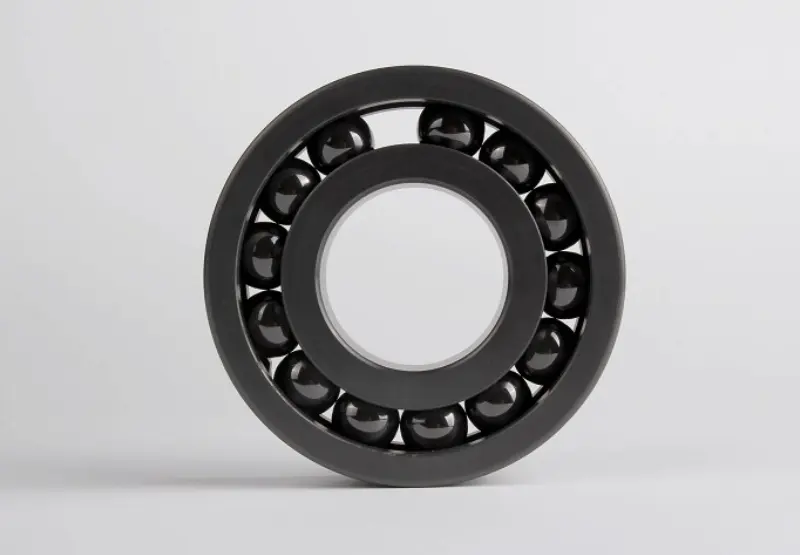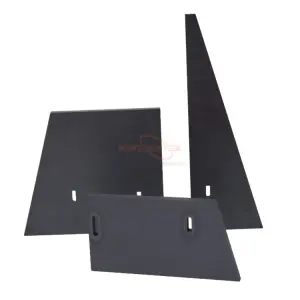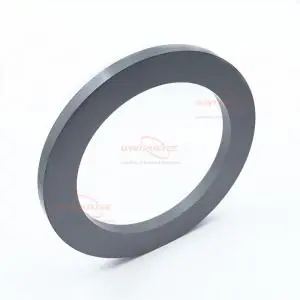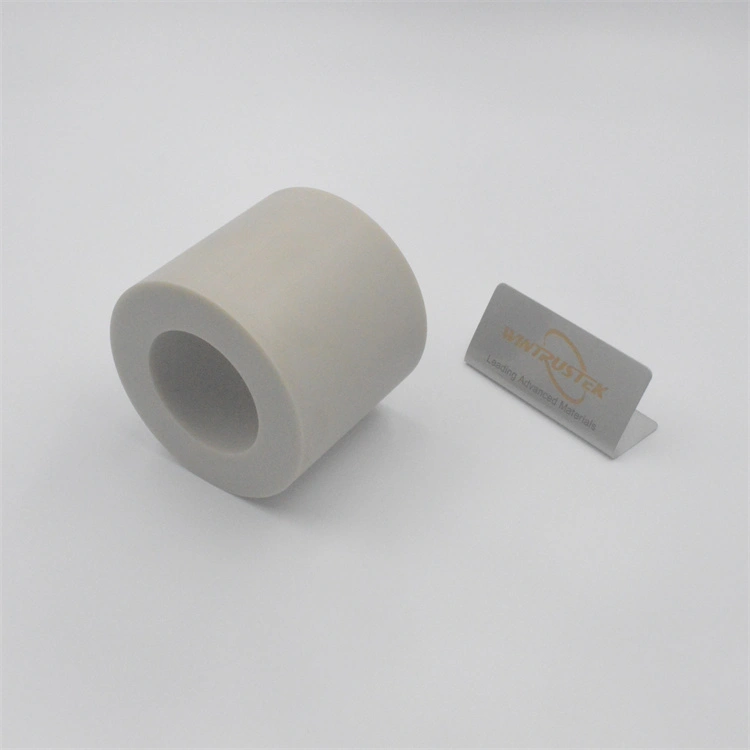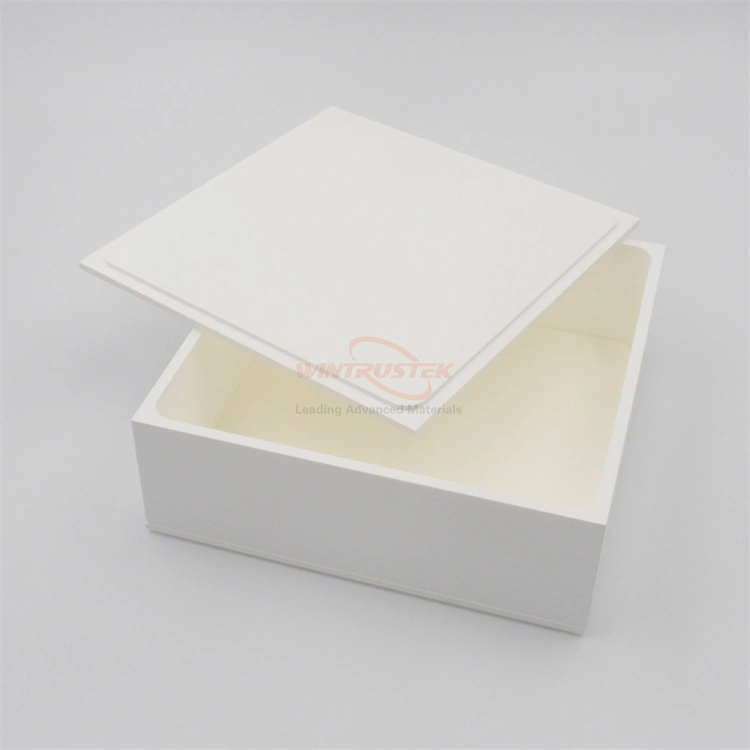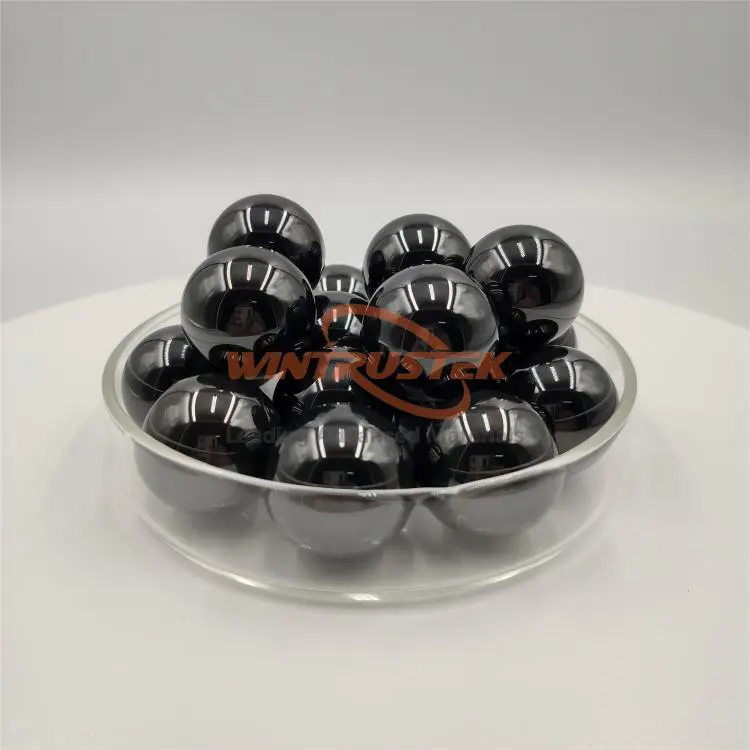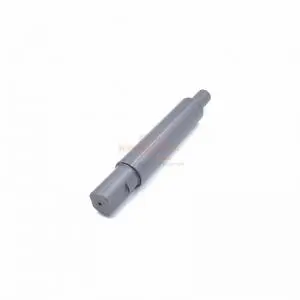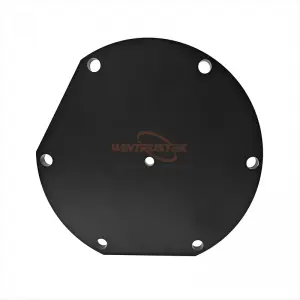INQUIRY
- English
- Español
- Português
- Deutsch
- Français
- Italiano
- हिन्दी
- Русский
- 한국어
- 日本語
- العربية
- ภาษาไทย
- Türkçe
- Nederlands
- Tiếng Việt
- Bahasa Indonesia
- עברית
- Afrikaans
- አማርኛ
- Azerbaijani
- беларуская мова
- Български
- বাংলা
- bosanski jezik
- Català
- Binisaya
- Corsu
- Čeština
- Cymraeg
- Dansk
- Ελληνικά
- Esperanto
- Eesti Keel
- Euskara
- فارسی
- Suomi
- Frysk
- Gaeilge
- Gàidhlig
- Galego
- ગુજરાતી
- Harshen Hausa
- ʻŌlelo Hawaiʻi
- Hmoob
- Hrvatski
- Kreyòl Ayisyen
- Magyar
- Հայերեն
- Asụsụ Igbo
- Íslenska
- Basa Jawa
- ქართული
- Қазақ тілі
- ភាសាខ្មែរ
- ಕನ್ನಡ
- Kurdî
- кыргыз тили
- Lëtzebuergesch
- ພາສາລາວ
- Lietuvių
- Latviešu
- Malagasy fiteny
- Te Reo Māori
- македонски
- മലയാളം
- Монгол
- मराठी
- Bahasa Melayu
- Malti
- မြန်မာစာ
- नेपाली
- Norsk
- Chinyanja
- ଓଡ଼ିଆ oṛiā
- ਪੰਜਾਬੀ
- Polski
- پښتو
- Română
- Ikinyarwanda
- سنڌي
- සිංහල
- Slovenčina
- slovenščina
- Gagana Sāmoa
- ChiShona
- Af-Soomaali
- Shqip
- Српски
- Sesotho
- Basa Sunda
- Svenska
- Kiswahili
- தமிழ்
- తెలుగు
- Тоҷикӣ
- Türkmençe
- Filipino
- татарча
- ئۇيغۇر تىلى
- Українська
- اردو
- Oʻzbek tili
- isiXhosa
- ײִדיש
- èdè Yorùbá
- 中文(简体)
- 中文(漢字)
- isiZulu






